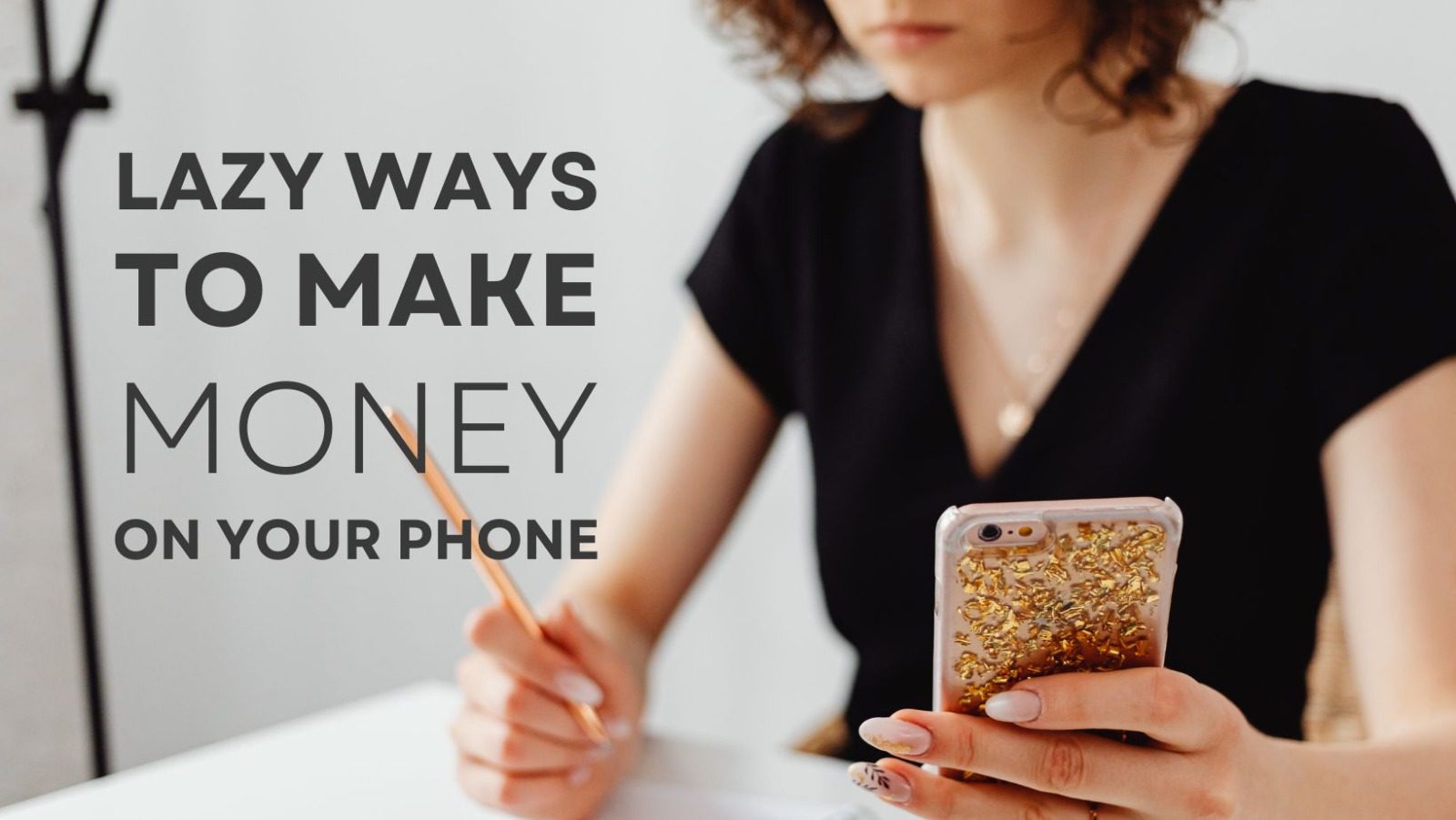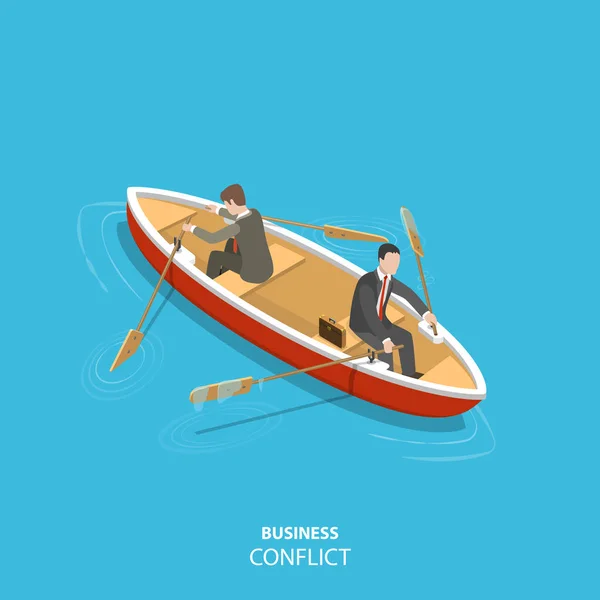Are you a shopaholic? In this post, you will learn the causes consequences and overcoming tips over shopping addiction for your financial and mental Well being.
Have you ever found yourself mindlessly adding items to your online shopping cart ? Is it giving you regrets due to time and money you’ve wasted? You’re not alone. the current culture of consumerism and instant gratification has led to an epidemic of shopping addiction. It can leave you feeling unfulfilled and financially burdened if unchecked. The post will give you the best actionable steps and you can adopt to take control of your financial well-being.
Whether you’re addicted to shopping or simply looking to improve your personal finance habits, this post will provide valuable insights for you.
Table of Contents
What is shopping addiction?
Shopping addiction, also known as compulsive buying disorder or oniomania, is defined as a behavioral addiction characterized by an excessive, repetitive, and impulsive urge to shop and make purchases, often resulting in negative consequences.
As an individual with shopping addiction, you will have an intense and irresistible desire to buy items, regardless of your actual need or financial means. Its is a compulsive and distressing habit that can potentially interfere with your daily life, relationships, and financial well-being.
For signs of shopping addiction, see the FAQs section Below
Shopping addiction, Is more prevalent in the developed countries such as USA, Canada, UK and Australia. It affects 5-8% of the America’s population. Watch the YouTube video Below to understand more
Types of Shopping Addictions
Below are some online terms used to describe shopping addiction. P.S this is not officially recognized listing
- Compulsive Shopping: These individuals shop to escape negative emotions, such as anxiety or depression. Their shopping sprees are often impulsive and used to forget their troubles.
- Impulse Buying: This happens spontaneously when something desirable is spotted, with little planning. Fear of missing out drives these purchases, regardless of cost.
- Bulimic Shopping: Similar to bulimia, people make purchases impulsively but quickly return them once the initial excitement fades. Some may resort to dishonest tactics to get refunds.
- Bargain-Hunting: These shoppers buy unnecessary items simply because they’re on sale. The thrill of finding a deal is the driving force, even if it results in wasted money.
- Collectors: Some shopping addicts collect items excessively, pursuing every piece to complete a set or acquire rare items. This can lead to excessive spending and hoarding tendencies.
Causes of Shopping Addiction
Wondering what causes the compulsive buying disorder?
Shopping addiction, like any other addiction, has many underlying causes. It is often driven by emotional factors, such as the need for emotional gratification, stress relief, or a temporary boost in self-esteem.
Intrusive advertising
Consumer culture promotes the idea that material possessions gives you happiness and fulfillment.
This mindset is reinforced by excessive and intrusive advertising. It inundates you with messages that you need to buy the latest products in order to be successful, attractive, or happy. The constant exposure to these messages can create a sense of inadequacy or FOMO (fear of missing out)
As a result, you will end up if shopping the latest gadgets, cars, clothes, or accessories that you may not need.
Shopping Therapy
Is shopping your self therapy?
Shopping can give you a temporary distraction from stress, boredom, or negative emotions. The act of shopping and acquiring new possessions can boost your moods, create a temporary sense of pleasure or excitement. It happens through dopamine release, anticipation build up and satisfaction from owning new stuff. These can give you a brief escape from negative emotions.
The pleasure from shopping and acquiring new things is often temporary. You will find yourself looking for a “fix” by shopping again. It is this behavior that reinforces your addiction behavior.
Peer Pressure
Social pressures and peer influence can contribute to your shopping addiction.
It happens when constant shopping is a common activity among your social circle. You can also feel pressured to keep up with your neighbors, colleagues or mates material possessions.
As a result, you are more likely to engage in compulsive buying behavior.
Convenience Online shopping
Online shopping is the perfect temptation for your shopping addiction.
With just a few clicks, you can purchase items from around the world and have them delivered to your doorstep in minutes. Its 24/7 available with instant rewards, endless product choices, and one-click buying. Targeted ads and discounts, plus the anonymity of shopping, make it even more tempting. There’s no physical effort, and social media can influence your choices.
The ease of online shopping, coupled with various payment options, can lead to overspending.
Social Media Influence
Social media influencers create an idealized image of a perfect life, filled with luxurious possessions and experiences.
It can trigger shopping impulses to keep up with the lifestyles of others. It can lead to your impulse buying and overspending. Additionally, the constant exposure to targeted and endorsed ads on social media can create a sense of urgency and a desire to constantly upgrade and acquire new products.
As users see products endorsed by influencers they admire and feel compelled to buy them.
Consequences of Shopping Addiction
Wondering what are the effects of shopping addiction on your wellbeing?
Most of its effects are similar to other forms of addiction like alcohol and drug abuse. The list below has the worst financial and emotional consequences of compulsive buying in your life;
- Financial Ruin: It can lead to massive debt and money problems. It’s like spending all your earnings and then some on things you don’t need, pushing you into a deep financial hole.
- Damaged Relationships: Excessive shopping can harm your relationships with friends and family. It’s like people getting upset with you because you’re always shopping and neglecting them.
- Isolation and Loneliness: It can make you feel all alone because you’d rather shop than spend time with others. You become like a solitary island in a sea of missed social connections.
- Constant Regret: After every shopping spree, you might regret what you bought and feel guilty. It’s like a never-ending cycle of feeling bad about your purchases.
- Addiction Cycles: Shopping addiction often perpetuates a continuous cycle of buying, regret, and buying again in an attempt to soothe negative emotions. Breaking this cycle can be challenging without professional intervention.
How to Cope with Your Shopping Addiction
Breaking the cycle of compulsive buying behavior takes time and effort.
Treatment options, such as therapy and support groups, can be effective methods of managing and overcoming shopping addiction and mitigating its negative consequences.
Below are 5 best steps on how to overcome oniomania for peace of mind and financial stability.
Recognize the problem
The first step to overcoming any addiction is to accept that you have a problem to address.
Take an honest look at your spending habits and ask yourself if they are causing problems in your life. A simple self assessment exercise is to answer the following questions.
- Are you accumulating unnecessary debt?
- Do you feel guilty or ashamed after a shopping spree?
- Do you have trouble controlling your spending?
Seek support and professional help
Overcoming shopping addiction can be difficult to do it alone.
It is important to seek support from friends, family, or a professional therapist. There are also local and online support groups that you can join. An example is the Debtors Anonymous.
Such platforms can can give you a safe space to discuss your struggles, receive guidance and encouragement.
Create a budget and stick to it
Creating a budget is a key step in managing your finances and avoiding overspending.
Make a list of all your monthly expenses and incomes. Allocate a specific amount for discretionary spending. You will need to stick to your budget and avoid any impulsive purchases that may go beyond your allotted amount.
You can use free spreadsheet templates, online budget apps or manual records to create and track your budget.
Avoid triggers and temptations
Identifying and avoiding triggers that cause you compulsive buying behavior can help you in recovery journey.
Some tips of how you can avoid triggers and temptations of online shopping are;
- Avoid Triggering Environments: Steer clear of places or situations that trigger your shopping addiction, such as malls or specific online shopping sites.
- Unsubscribe from Retail Emails: By unsubscribing from marketing emails from your favorite online stores, you’ll receive fewer tempting offers and promotions in your inbox.
- Use Website Blockers: Install website blockers or apps that limit your access to online shopping websites during specific hours.
- Create a Shopping List: Make a list of items you genuinely need before going online. Stick to your list and avoid browsing unrelated products.
Health Stress coping mechanisms
Instead of turning to shopping when stressed, explore healthier coping methods like exercise, meditation, or talking to a friend. Other options are journaling, spending time in nature, or practicing Yoga.
Developing healthier coping mechanisms will replace shopping as a way to deal with stress or negative emotions. These activities can give you joy and fulfillment that don’t involve spending money.
Benefits of Overcoming Shopping Addiction
Why do you need to overcome your shopping addiction?
Overcoming this habit can have many positive benefits in your life, including: financial stability, improved mental and emotional well-being. Besides, a life free of addiction leads to greater happiness, sustainability, and overall well-being.
Here are the 4 top reasons you need to overcome your bad shopping habits
- Financial Security: By managing your spending and avoiding impulsive buys, you can save money, reduce debt, and gain financial stability and freedom. This means you can focus on long-term financial goals and feel more secure.
- Better Mental Health: Shopping addiction can cause stress, anxiety, and sadness, straining your relationships. Overcoming it can lead to improved mental well-being, less stress, and more happiness in your life.
- Eco-Friendly Choices: Shopping addiction often leads to overconsumption or excessive waste, harming the environment. Conquering this habit can help you become a minimalist, more eco-conscious and ethical consumer, making environmentally friendly choices.
- Fulfillment: Beating shopping addiction allows you to find happiness in life beyond just buying things. You can discover meaning fulfillment in experiences, relationships, and personal growth, leading to a more satisfying life overall.
Frequently Asked Questions (FAQs) About Shopping Addiction
Is Shopping Addiction a Real Addiction?
Shopping addiction is not officially recognized in medical guidelines (DSM-5), its classification is still under discussion. However, its good to not that those dealing with shopping addiction, its symptoms are real, and the impact can be severe.
What are the Symptoms of Shopping Addiction?
Some signs of shopping addiction include:
- Eagerness to purchase unnecessary or superfluous things
- Lack of impulse control when it comes to shopping
- Spending more money than intended
- Shopping to cope with negative emotions
- Hiding purchases or lying about shopping habits
- Feeling guilty or ashamed after shopping
What is the difference between Normal Shopping and Shopping Addiction?
Normal shopping is a regular activity that most people engage in to purchase items they need or want. It is not compulsive and does not create financial problems.
On the other hand, shopping addiction is characterized by an eagerness to purchase unnecessary or superfluous things and a lack of impulse control when it comes to shopping. It creates financial problems and interferes with daily life. Shopping addiction can also cause feelings of guilt or shame, which is not the case with normal shopping.
What is the difference between Compulsive buying vs. Impulsive buying?
Impulsive shopping is when you buy something on the spur of the moment, often tempted by external factors. It’s more obvious and can be okay if you stay within your budget. But if it becomes a habit and you overspend, it can hurt your finances.
In contrast, compulsive shopping is deliberate and planned. It’s like an addiction driven by inner motivations. Compulsive shopping can have various reasons, like trying to be perfect, needing control, or using it to fill an emotional gap in your life.
Is Shopping addiction a Hereditary Condition?
Yes! It may be in your genes.
Research has shown that some people may be predisposed to addictive behaviors, so being aware of addiction within your family can be very helpful.



